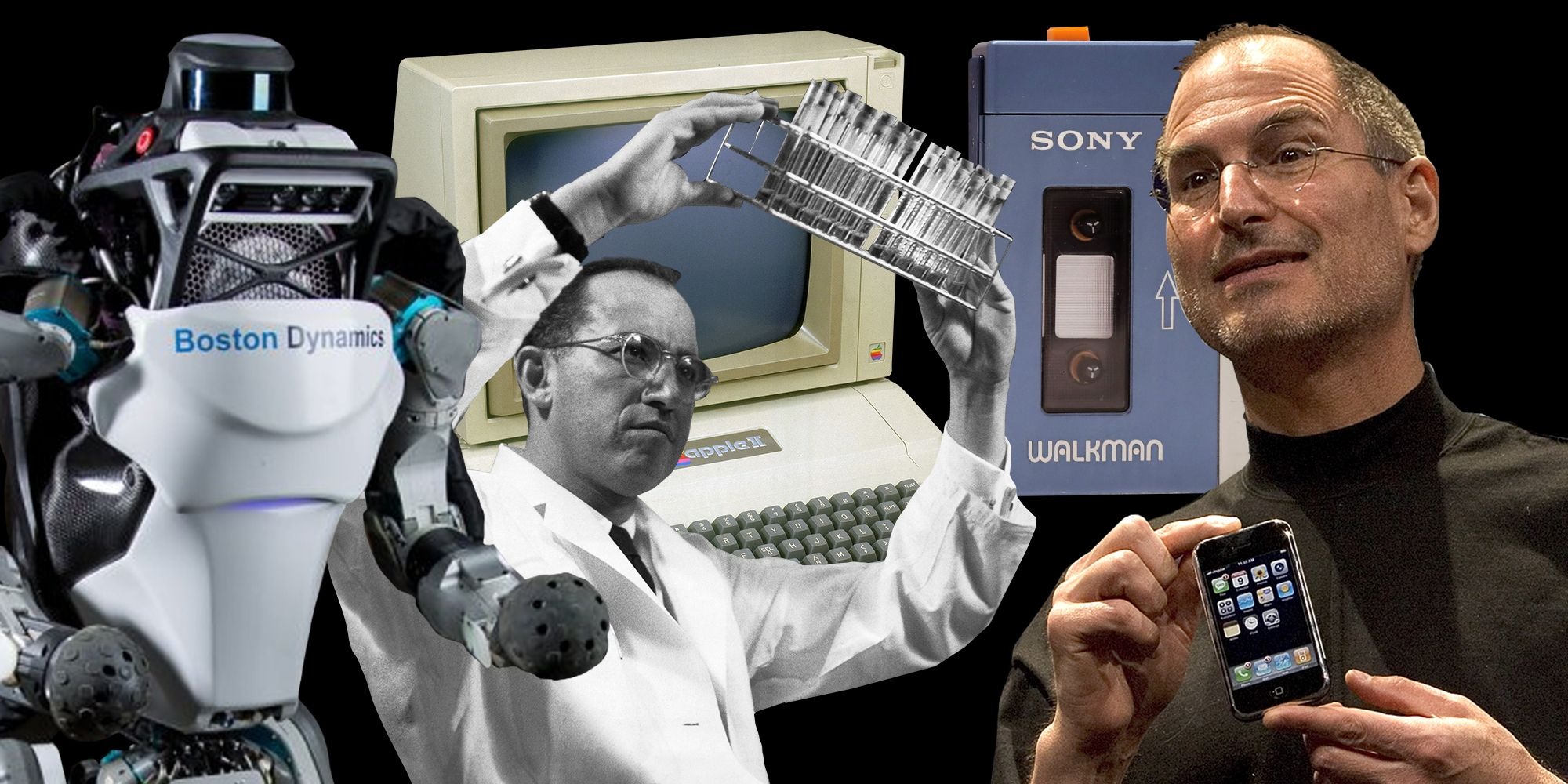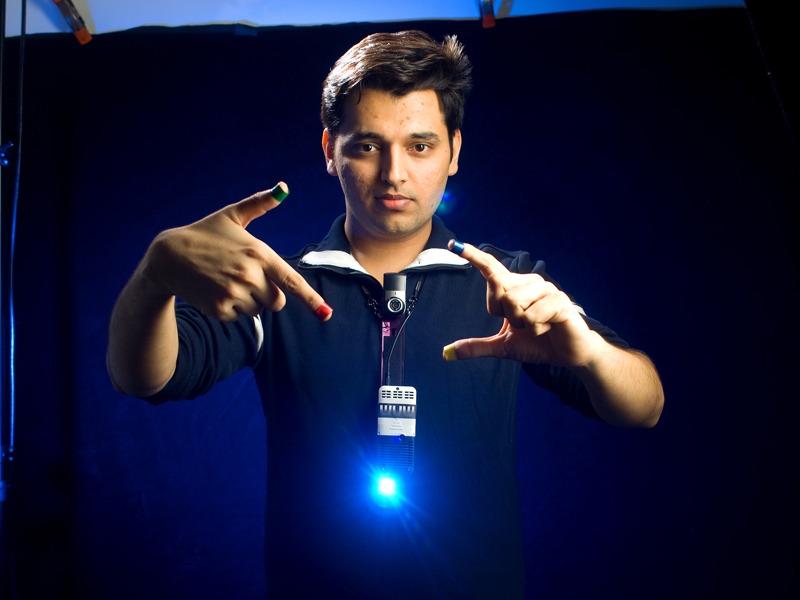When Was Digital Technology Invented
Digital technology has revolutionized the way we live, work, and communicate. But when was the groundwork for the digital age first laid? In this blog, we’ll walk through major milestones in the history of digital technology inventions and innovations.

The Beginnings of Digital Technology
1936 - Alan Turing conceived the theoretical Turing machine, laying the foundation for computational logic and digital computing.
1937 - George Stibitz developed the first digital computer using binary circuits at Bell Labs. This paved the way for binary code that all computers use today.
1947 - John Bardeen, Walter Brattain, and William Shockley invented the transistor at Bell Labs. This amplified electric signals and enabled computing hardware.
1958 - Jack Kilby and Robert Noyce independently invented the integrated circuit chip. This allowed packing computer components in miniature.
Major Computing Milestones
1964 - Douglas Engelbart demonstrated the first computer mouse, windows-based user interface, and hypertext links. This made computing more user-friendly.
1971 - Intel released the first single-chip microprocessor, the Intel 4004. This made computers far more compact and portable.
1973 - Robert Metcalfe developed Ethernet networking technology, enabling local area networking between computers.
1975 - The Altair 8800 sparked the microcomputer revolution. It was among the first personal computers sold to individual users.
The Internet and World Wide Web
1983 - ARPANET adopted TCP/IP protocols, forming the technical foundation of the internet as we know it today.
1991 - Tim Berners Lee launched the first website and web browser at CERN, birthing the world wide web as a publicly available service.
2004 - Mark Zuckerberg created Facebook and launched the social media phenomenon, which altered communication and connection.
Conclusion:
Though digital technology is ubiquitous today, its origins trace back just a few decades to pioneering advances like the transistor, integrated circuit, and ARPANET. Visionaries across generations built upon each other’s work to launch the digital revolution that transformed society. It’s exciting to imagine what the next generation’s innovations may bring.




